The average cost of Angiography (Including Non-Ionic Contrast) in Petah Tikva approximately starts from USD 2000
Treatment cost
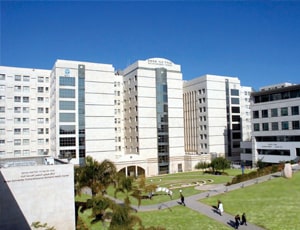
Rabin Medical Center located in Petah Tikva, Israel is accredited by JCI. Also listed below are some of the most prominent infrastructural details:

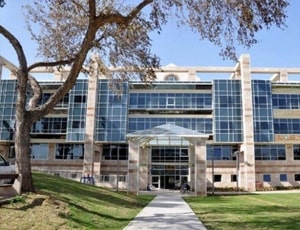
Kaplan Medical Centre located in Rehovot, Israel is accredited by JCI. Also listed below are some of the most prominent infrastructural details:
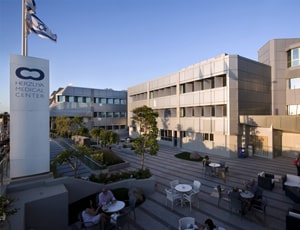
Apart from in-detail treatment procedures available, Herzliya Medical Center located in Herzliya, Israel has a wide variety of facilities available for International Patients. Some of the facilities which are provided by them are Accommodation, Airport Transfer, Interpreter, SIM, TV inside room. Also listed below are some of the most prominent infrastructural details:
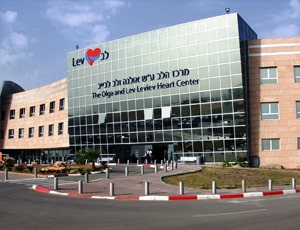
Sheba Medical Center located in Tel-Hashomer, Israel is accredited by JCI. Also listed below are some of the most prominent infrastructural details:
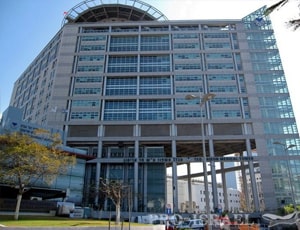
Tel Aviv Sourasky Medical Center -Ichilov Hospital located in Tel-Aviv, Israel is accredited by JCI. Also listed below are some of the most prominent infrastructural details:
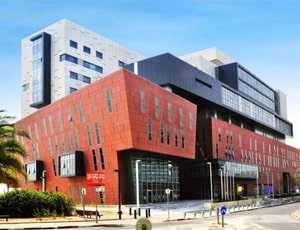
Assuta Hospital located in Tel-Aviv, Israel is accredited by JCI. Also listed below are some of the most prominent infrastructural details:
Most physicians advise their patients to undergo the angiogram procedure (also known as angiography and arteriogram) when certain symptoms such as a heart attack or chest pain become a source of worry. A stress test is performed on patients who report chest pain, which is then followed by an angiogram test.
Angiography procedure aims at testing the blockages in the coronary arteries apart from any other cardiovascular-related ailments. Angiography and angiogram procedure can both locate narrowing arteries or blockages that may exist in different parts of the body.
Angiography is recommended for patients with coronary heart diseases (CHD), which can cause the heartbeat to stop suddenly and abruptly. The patient may also suffer from severe chest pain. Angiography can also be performed on patients on an emergency basis when they experience a heart attack. If the blockage is not treated immediately, then healthy tissues around the heart start perishing and turn into scar tissue. It can give rise to several long-lasting problems. Angiography may also be required in the case of a patient with aortic stenosis or those who have had an abnormal heart stress test.
The procedure involves administering a sedative for relaxation. An intravenous line is inserted into the vein. This is just a precautionary step to ensure that medication can be provided or blood products can be given in case of unwanted complications that take place during the angiography procedure.
The patient is kept under close observation for at least 6 to 12 hours if the procedure is performed on an outpatient basis. In case of a femoral artery puncture, the leg is almost kept immobile during the observation period.
Blood pressure and other vital signs are continuously monitored. A cold pack is applied to reduce swelling in the area of puncture and medications are given in case of extreme discomfort.
Hematoma may develop in a few patients. This indicates continuous bleeding from the puncture site and has to be watched for. Two to three days of complete rest is advised and driving should be avoided in the case of patients who have had fluorescein angiography. Direct exposure to sunlight should be avoided for at least 12 hours.
Ask your healthcare adviser for the best multiple options and choose the one that meets your expectations
$2000 is the starting cost of Angiography (Including Non-Ionic Contrast) Surgery in Petah Tikva. Angiography (Including Non-Ionic Contrast) in Petah Tikva is conducted across several JCI certified hospitals.
The Angiography (Including Non-Ionic Contrast) package cost in Petah Tikva varies from one hospital to another and may offer different benefits. Some of the best hospitals for Angiography (Including Non-Ionic Contrast) offer a comprehensive package that covers the end-to-end expenses related to investigations and treatment of the patient. The treatment cost usually includes the expenses related to hospitalization, surgery, nursing, medicines, and anesthesia. A prolonged hospital stay due to delayed recovery, new diagnosis and complications after surgery may increase the cost of Angiography (Including Non-Ionic Contrast) in Petah Tikva.
Angiography (Including Non-Ionic Contrast) in Petah Tikva is offered by multiple hospitals across the country. Some of the best hospitals for Angiography (Including Non-Ionic Contrast) in Petah Tikvainclude the following:
While the speed of recovery may vary from patient to patient, they are still required to stay for about 2 days after discharge. This is important to ensure that the surgery was successful. During this time, control and follow-up tests take place to check for medical fitness.
Petah Tikva is one of the most popular cities for Angiography (Including Non-Ionic Contrast) in the world. The country offers the best cost of Angiography (Including Non-Ionic Contrast), best doctors, and advanced hospital infrastructure. Some of the other top destinations for Angiography (Including Non-Ionic Contrast) include the following:
There are certain additional cost that the patient has to pay apart from the Angiography (Including Non-Ionic Contrast) cost. These include the cost of accommodation and meals outside hospital. The per day cost in this case may range from 75 USD.
The patient is supposed to stay at the hospital for about 1 Days after Angiography (Including Non-Ionic Contrast) surgery for monitoring and care. This time frame is important for the patient to recover properly and feel comfortable after the surgery. With the help of several tests, it is determined that the patient is doing fine after the surgery and is okay to be discharged.
There are about 1 Hospitals in Petah Tikva that offer Angiography (Including Non-Ionic Contrast) to international patients. These hospitals have the required expertise as well as infrastructure available to handly patients who need Angiography (Including Non-Ionic Contrast). These hospitals comply with all the rules and regulations as dictated by the regulatory bodies and medical association in Petah Tikva
Some of the most sought after doctors for Angiography (Including Non-Ionic Contrast) in Petah Tikva are: